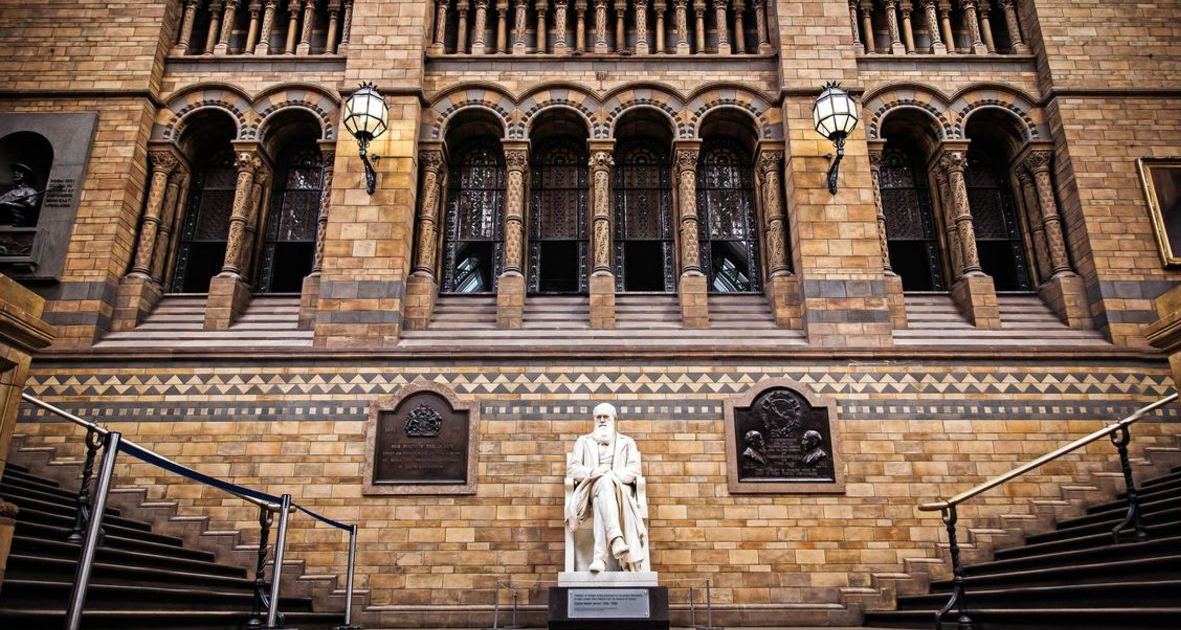Type post
Date July 23, 2018
Tagged , __edited , Alfred Russell Wallace , Darwinian theism , Darwinism , Evolution , Henri Bergson , randomness , squaring the circle , Teilhard de Chardin , theistic evolution
Kenneth Miller’s Darwinian Theism: Trying, and Failing, to Square a Circle
Michael Flannery
July 23, 2018
Uncategorized
Episode 1139
Guest Michael Flannery
Duration 00:11:41 Download Audio File (8 mb)
Share
Facebook
LinkedIn
Flipboard
Print
Email
On this episode of ID the Future , Pr. Emeritus Michael Flannery (U of Alabama-Birmingham) continues his discussion of evolutionist Kenneth Miller’s recent book The Human Instinct: How We Evolved to Have Reason, Consciousness, and Free Will
Please consider donating to support the IDTF Podcast.
Michael Flannery Professor Emeritus of UAB Libraries , University of Alabama at BirminghamMichael A. Flannery is professor emeritus of UAB Libraries, University of Alabama at Birmingham. Much of his recent scholarship has focused on the ideas and legacy of the co-discoverer of evolution by natural selection, Alfred Russel Wallace (1823-1913). Flannery’s books about Wallace include Nature’s Prophet: Alfred Russel Wallace and His Evolution from Natural Selection to Natural Theology Alfred Russel Wallace’s Theory of Intelligent Evolution: How Wallace’s World of Life Challenged Darwinism (Erasmus Press, 2008), and Alfred Russel Wallace: A Rediscovered Life “Alfred Russel Wallace’s Intelligent Evolution and Natural Theology” (Religions , 2020). Flannery discusses the intellectual legacy of Wallace in the documentary Darwin’s Heretic . Flannery holds degrees in library science from the University of Kentucky and history from California State University, Dominguez Hills. He has written and taught extensively on the history of medicine and science.
